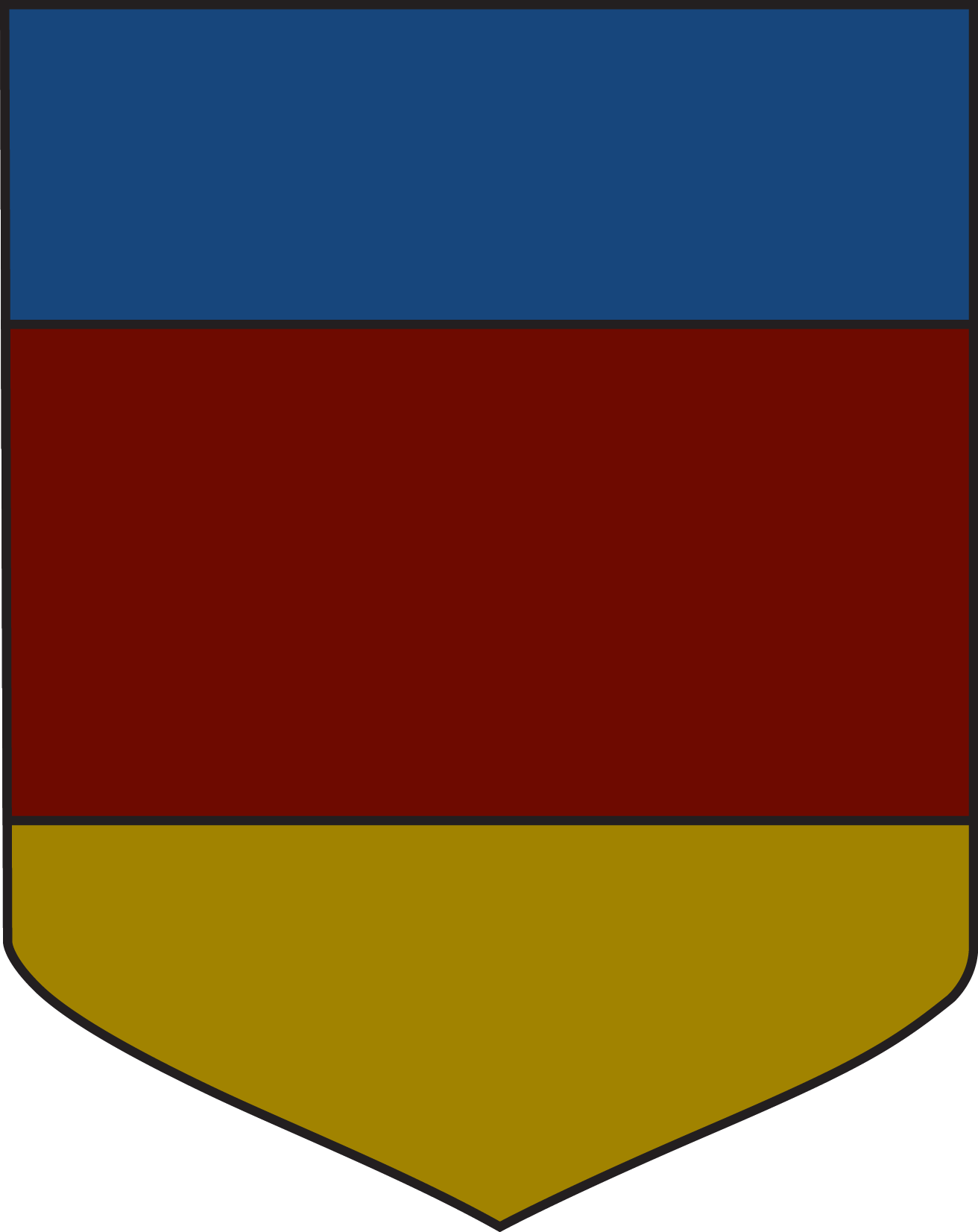Navigating Legal Fees: Can I recover costs in my lawsuit?
or... how I spent $19,000 and did not receive a decision.I sometimes hear from clients, “But, will I get my costs back?”
My answer is almost always, “I do not know”. Costs are a particularly complicated area of the law, made more difficult by the fact that one of the only clear rules in costs law is that judges have a lot of discretion.
One of the principles (one of several) involved in costs law is that if a party is forced to take steps that should not have been taken, then that party should be compensated. If you sue me for $10,000, I offer to settle for $7,000, and the judge awards you $3,000, then every step you have forced me to take since I made my offer has been a waste of time for everyone. Including you! You walked away from $4,000 ($7,000 Offer minus $3,000 Judgment) because you thought a judge would give you something better! Just a waste.
In an Edmonton case decided last month, we see that wasted efforts are not always compensated for.
Ms. Campbell and Mr. Cooper were in family law litigation, and had scheduled a binding Judicial Dispute Resolution. Judicial Dispute Resolution (“JDR”) is a play on the phrase, “Alternative Dispute Resolution” (or “ADR”), which usually means Mediation or Arbitration instead of Court. In Judicial Dispute Resolution, an actual judge conducts the process, keeping some of the informality and focused attention that are advantages with Mediation / Arbitration. “Binding” means that that judge – after conducting what is basically a Mediation – can then be the “Arbitrator”, and can make a final decision.
Ms. Campbell and Mr. Cooper – the Parties – were scheduled to have a binding JDR session on November 30, 2023. Two weeks before (November 15), Mr. Cooper cancelled.
He cancelled, the Parties and judge all failed to figure out a rescheduled date, and ultimately, the Parties went to a private Arbitrator (the ADR). So all the time and effort spent preparing for the binding JDR seemed to be wasted. To Ms. Campbell, that meant $18,995 plus GST and disbursements (“disbursements” are payments to third parties, like paying a courier to deliver some documents).
Ms. Campbell claimed against Mr. Cooper for $15,000. Her lawyer agreed that some of the preparation work would be helpful in the Arbitration, so maybe $3,995 (plus GST and disbursements) in value could be salvaged, repackaged, and reused for the Arbitration.
However, some things, like the pre-JDR meetings, where things like expectations, agenda-setting, and process would be discussed, would just be duplicated at the Arbitration.
Consider that: over $19,000 spent, and no resolution, no hearing. All this spent between August and November, about 3-4 months.
Mr. Cooper was not a villain, though. The judge didn’t buy his “disingenuous” reasons for cancelling, but did decide that “Mr. Cooper’s actions do not rise to the level of serious misconduct that would warrant a cost award in the circumstances. Although this caused significant inconvenience, stress, and expense for Ms. Campbell, Mr. Cooper was at all times willing to proceed with the JDR process. Mr. Cooper demonstrated good faith by agreeing to reschedule the JDR before me. He was not available for the dates provided in January, April, or May, but when I raised the potential need for a multi-day process due to the complexity of the matter, he was willing to consider a JDR in the fall”. Mr. Cooper also paid the upfront costs of the Arbitrator.
In the end, costs were not awarded to poor Ms. Campbell.
At least, not yet. The judge ruled that “As the parties have agreed to a private dispute resolution process, any costs award is in the sole discretion of the arbitrator”, leaving the door open for the Parties to fight, with yet more lawyer fees, about costs. Maybe, just maybe, Ms. Campbell will get her costs, eventually.
Costs law is the Wild West, and Parties should not rely on a costs award to fund their case. At Access Law, I charge one of the lowest hourly rates in the City (for litigation in private practice), and I openly discuss potential fixed costs. It is safer to try to keep costs low on the front end, because you really have no idea what will be awarded on the back end. I am also a strong advocate for clients keeping their costs low through self-education, by exploring reliable sources of information:
– Canadian Judicial Council – Representing yourself in court.
– Centre for Public Legal Education Alberta.
– CanLII – Canadian Legal Information Institute.
At Access Law, David Miksha is a litigation professional who understands the unique challenges middle-income Canadians face. As an affordable lawyer in Calgary, he is committed to providing professional legal services with the utmost care, focusing on achieving the best possible outcomes for his clients. Book your consultation with Access Law today!
